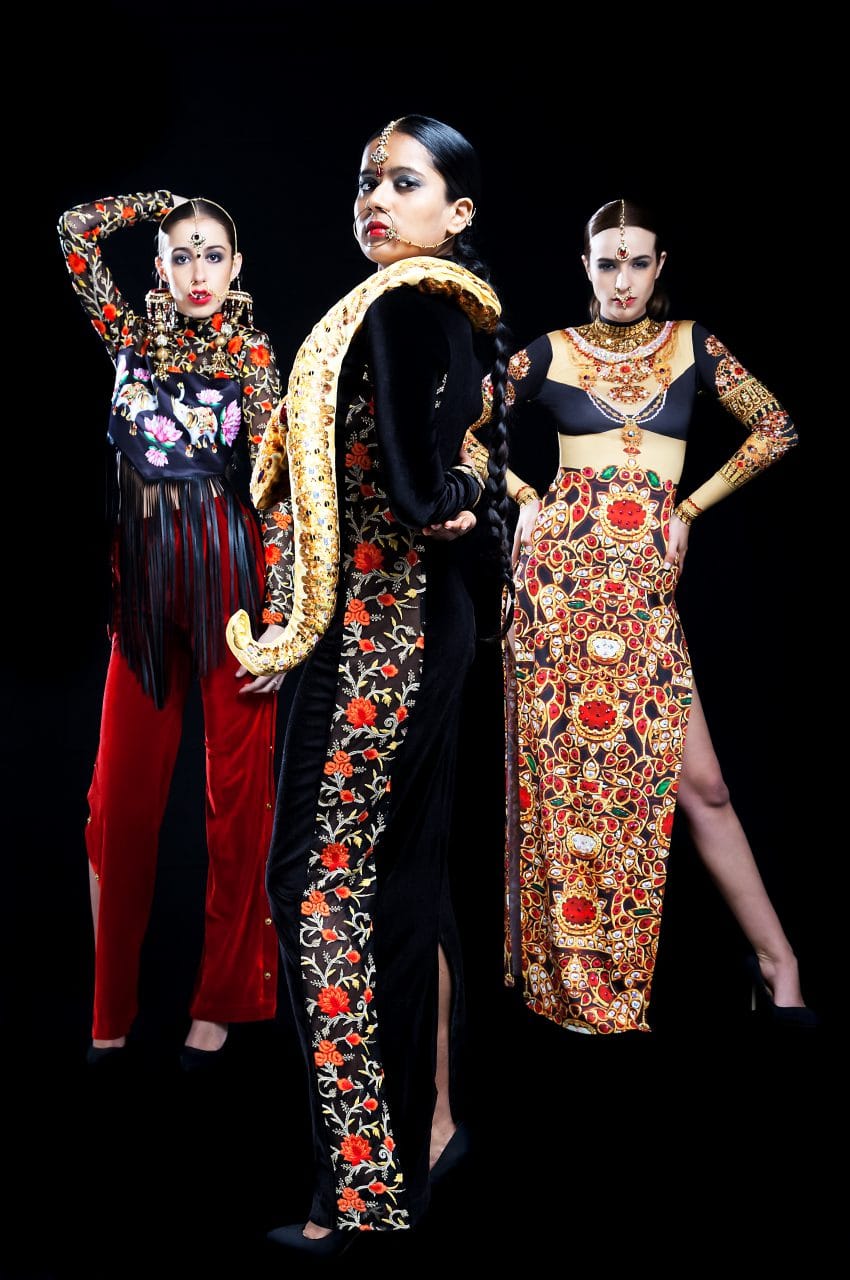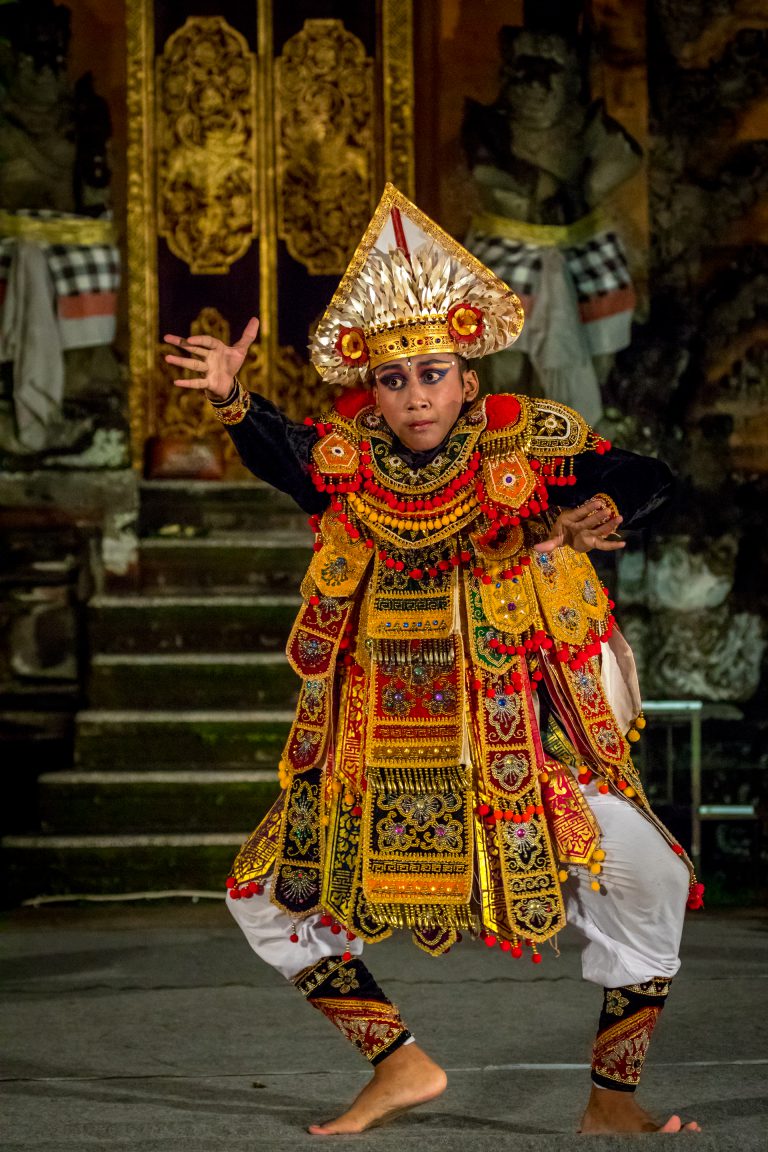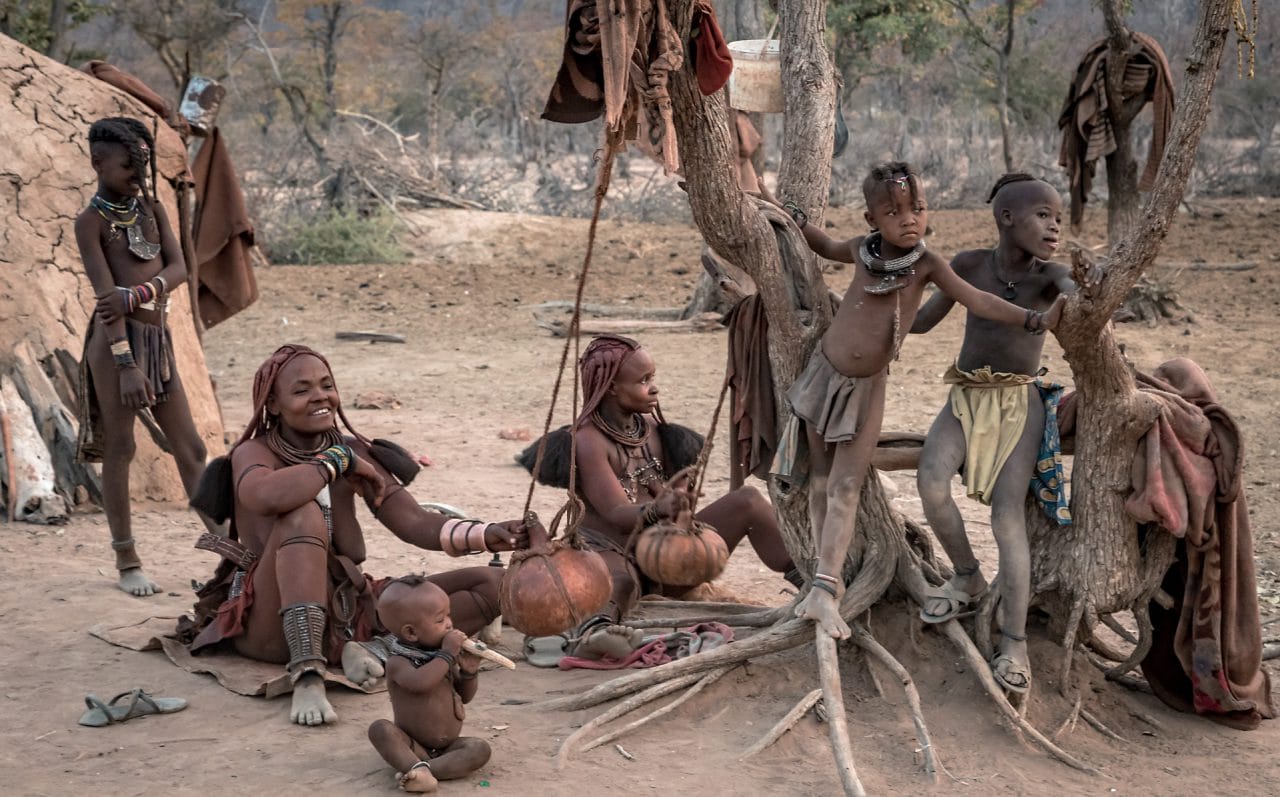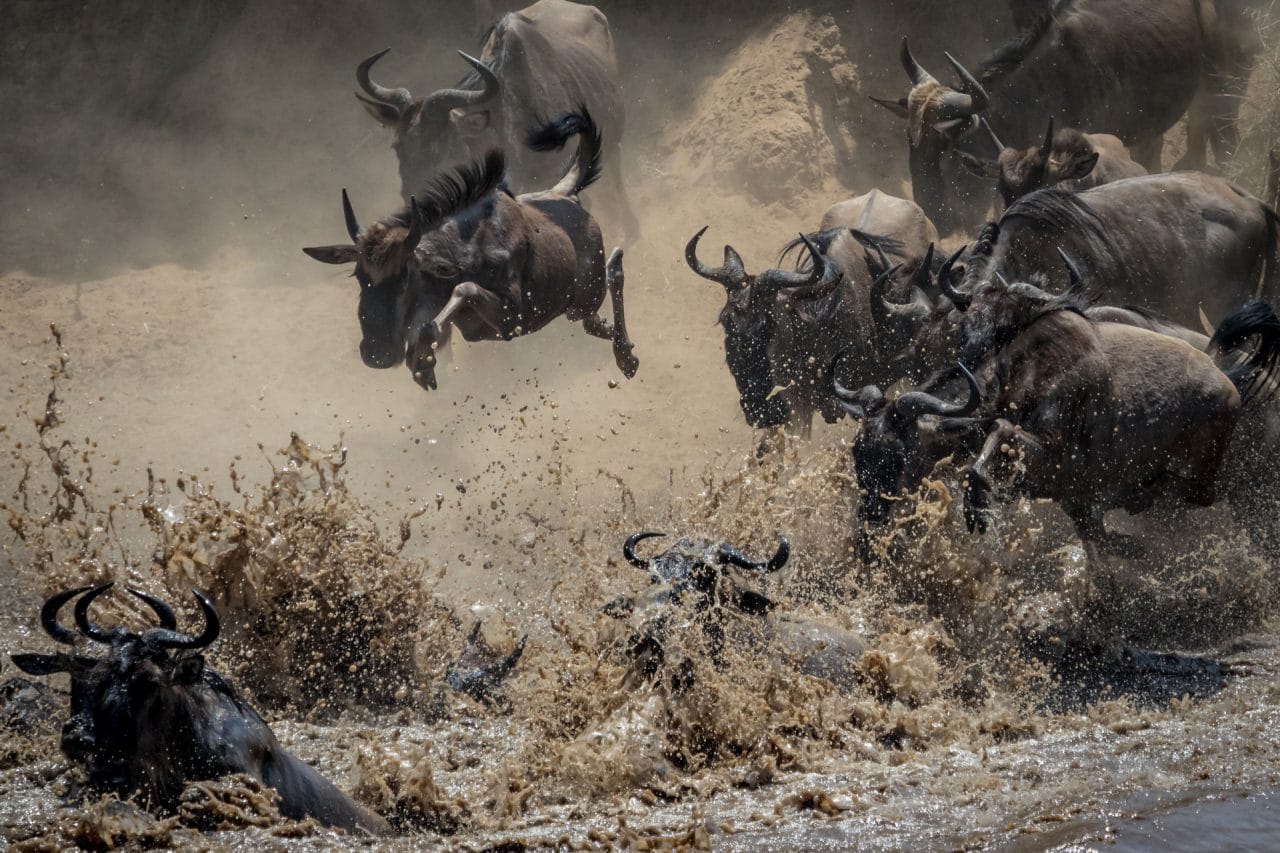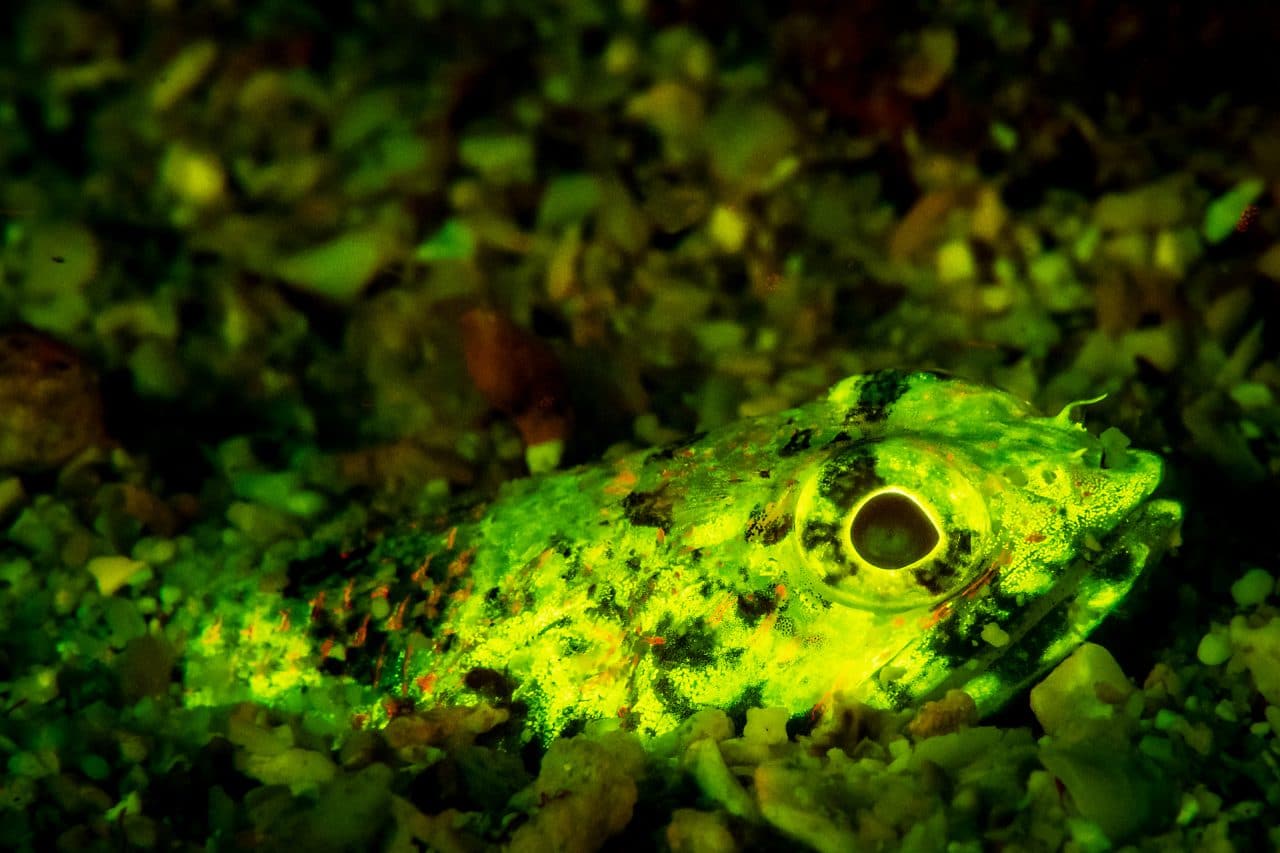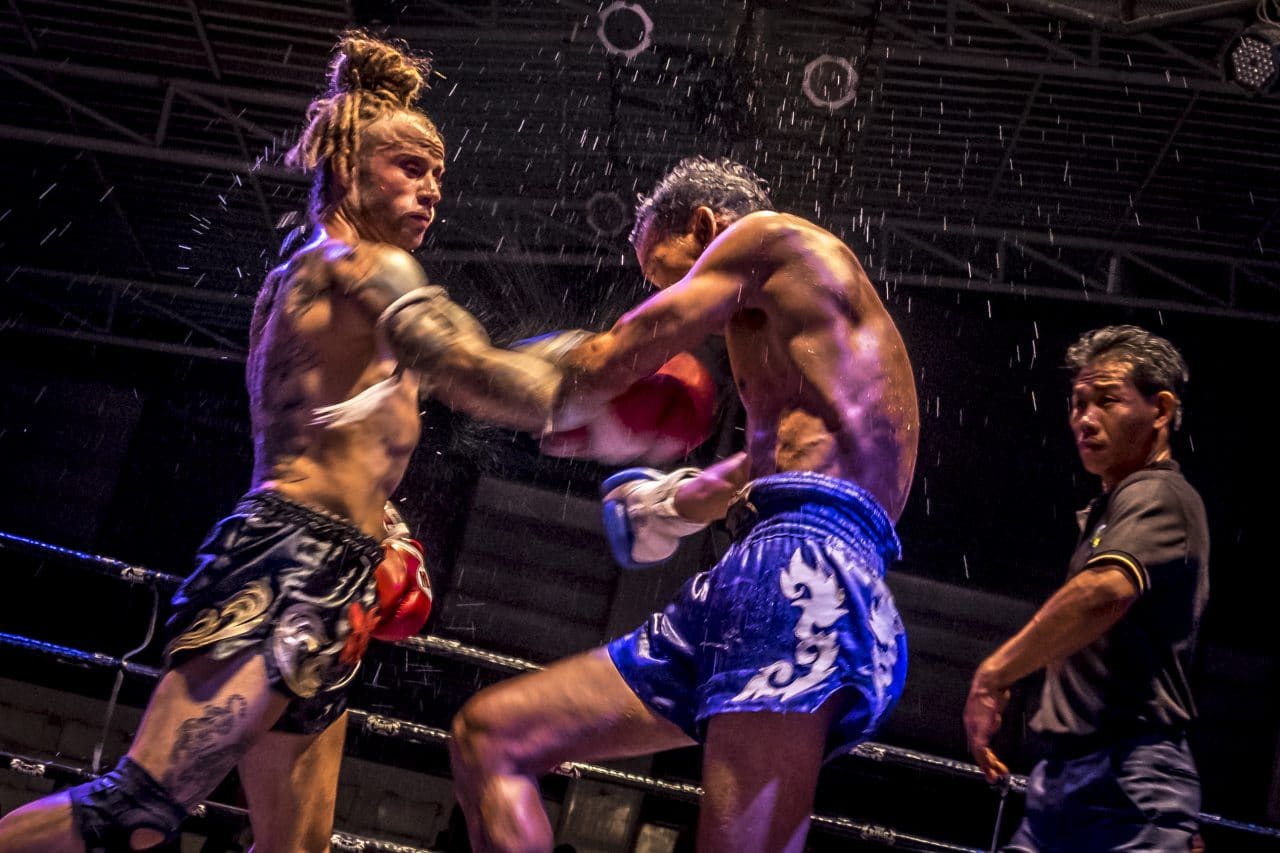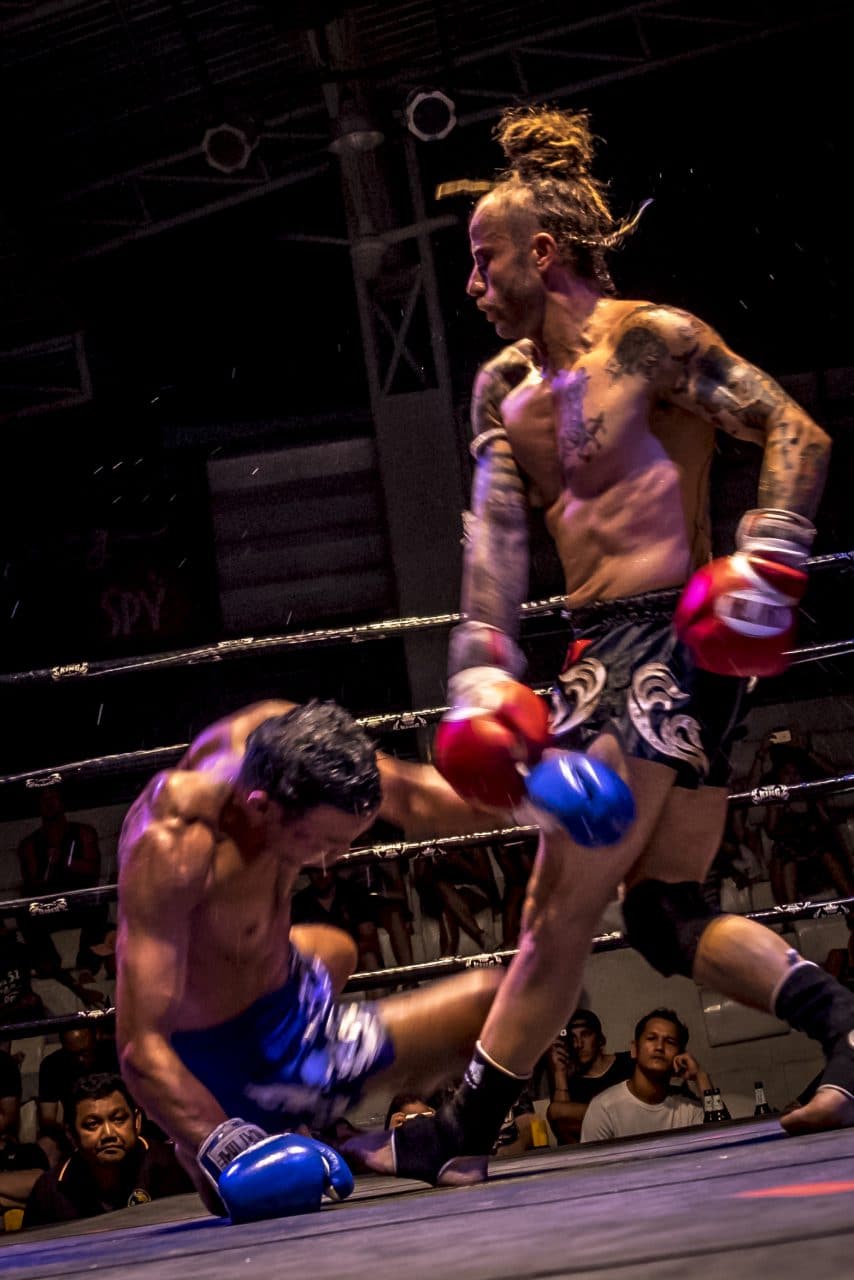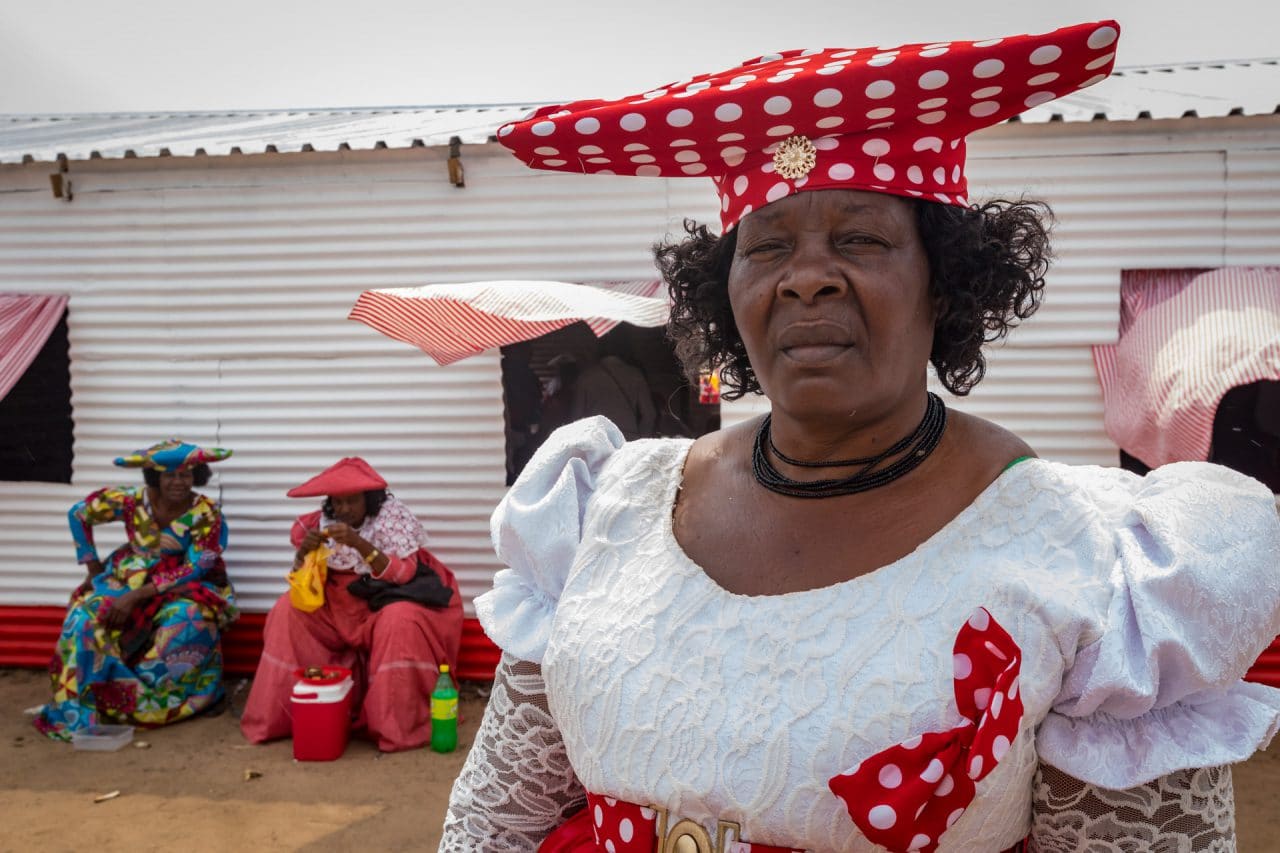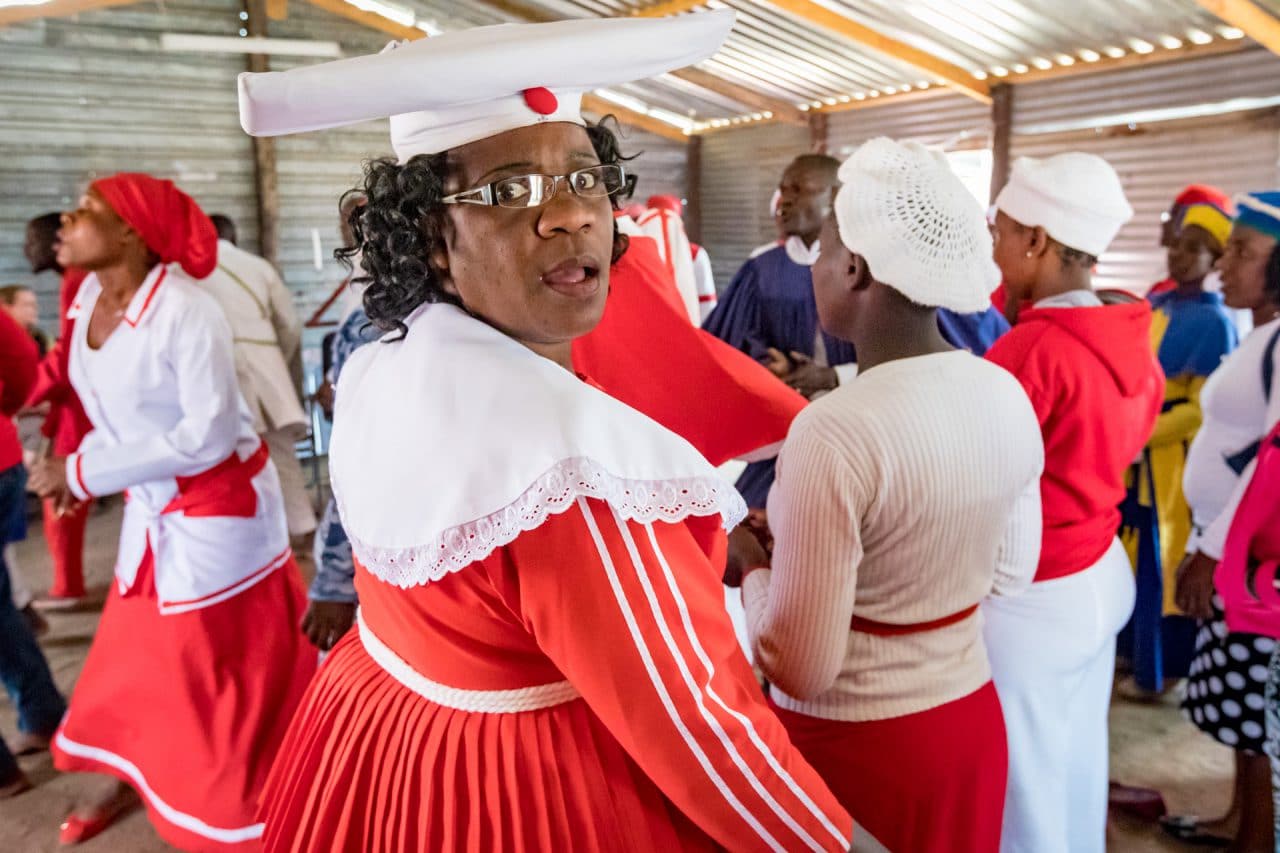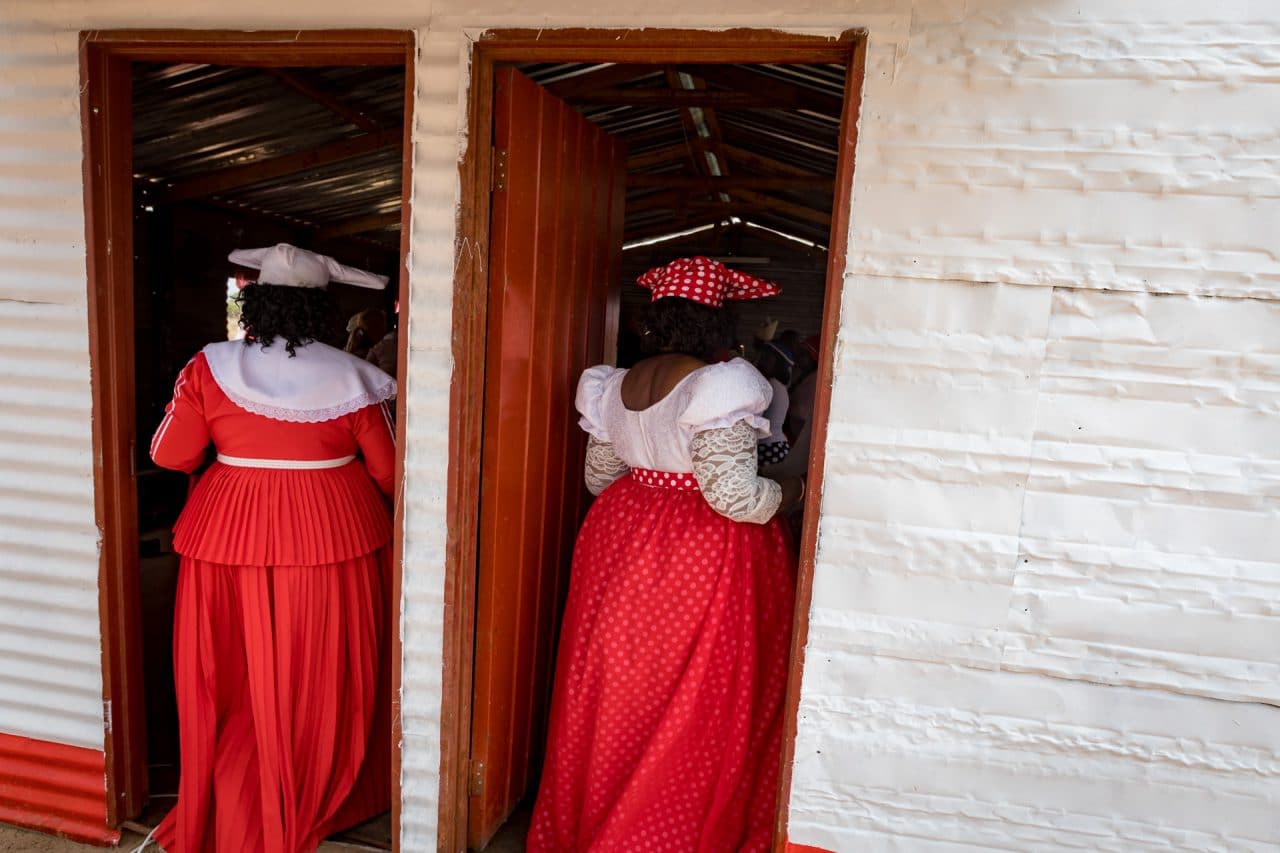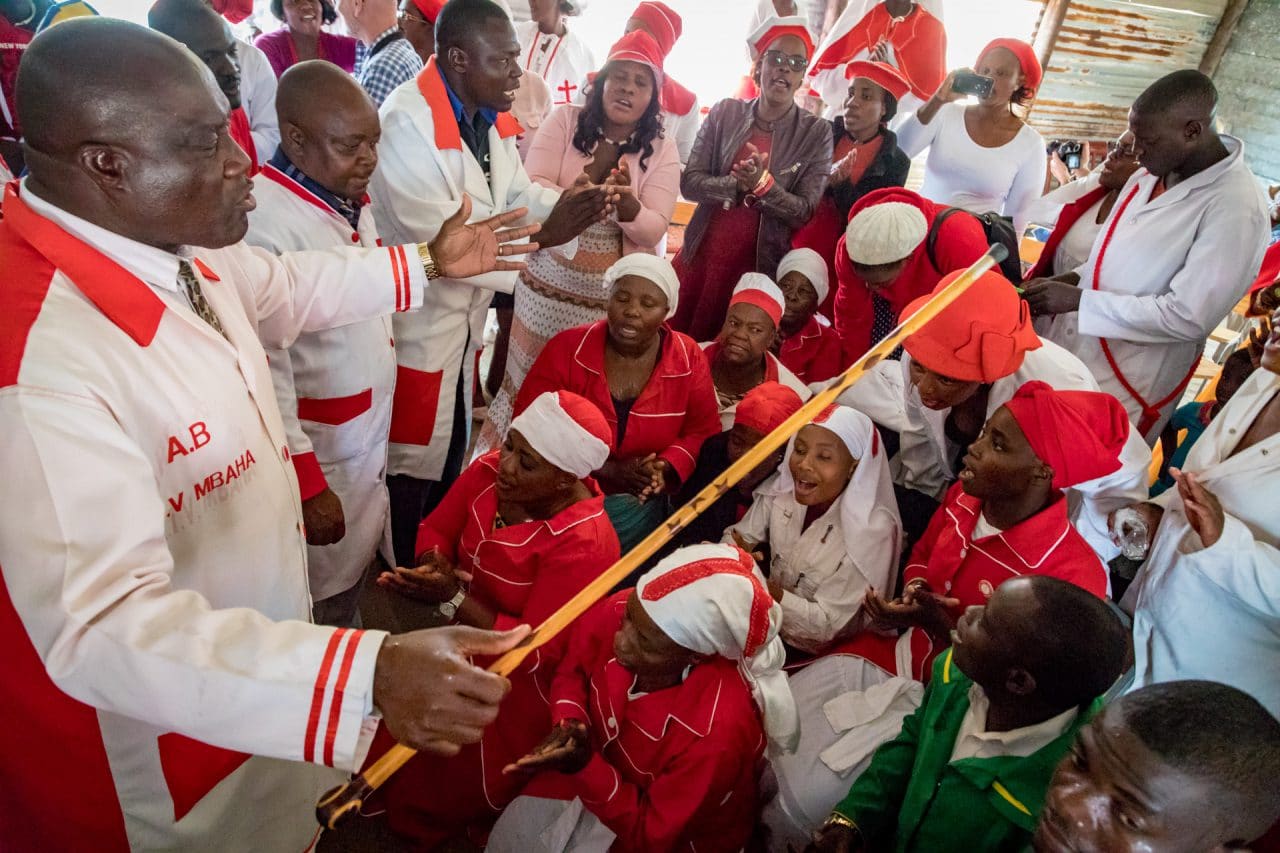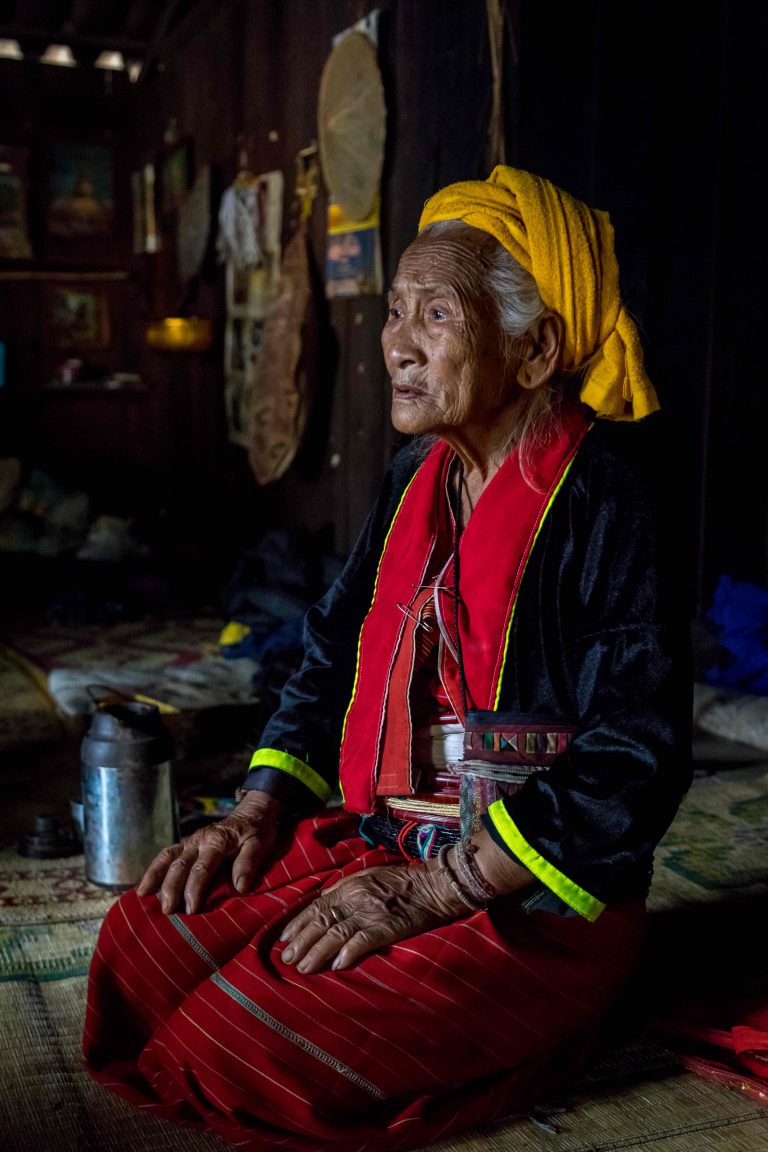This short film describes one of the most fascinating tribal traditions of India: the Gavari festival. Gavari has been celebrated for at least the last five centuries by the Mewari Bhil tribe – who are among India’s oldest inhabitants and settled in Rajasthan well before the Aryans arrived.
It is a unique spectacle of art, trance and ecstasy unlike any other in the modern world. Indeed, in the West the closest parallels to the Gavari festival were probably the Greek Dionysian mystery plays or the medieval passion plays – which in a similar fashion combined theatrical performing art with religious enactments of a deeper reality experienced directly by the actors and their audience.
“Whether or not you fancy dramaturgy and archaic myths or eco-mysticism and tribal sociology, one must admit that the Bhils’ Gavari tradition presents the world with a rare epiphanous art form that is both sensuously stunning and spiritually profound.” – W. David Kubiak
“The modern or contemporary concept of ‘total theatre’ in which music, dance and drama find their own voices is foreshadowed in Gavari.” - Shri Mangal Saxena
Talking to Head Hunters (short film about the Naga tribe)
The Naga tribes live in the mountain area at the border of modern day India and Myanmar. The mountains protected this warrior tribe for a long time from any outside influence and kept their culture strong and independent. The geography of the region allowed every village a high degree of independence not only from the colonial powers, national governments and any centralising and monopolising force within the 30 Naga tribes themselves.
This also meant however that every village had to be alert and ready for repeated attacks from their neighbours, be it to steal some food, animals or women, or even to take revenge for an attack that happened a generation ago. A captured head from an enemy thus became a trophy and a sign that a man was able to defend his family and community.
Today the tradition of headhunting is not present any more in Nagaland. The tribes have found other ways to guarantee security, compete with each other and build their identity as men. And while hardly anybody mourns this change, it is also visible that the pride and self-confidence is still there when these former headhunters talk about their past.


